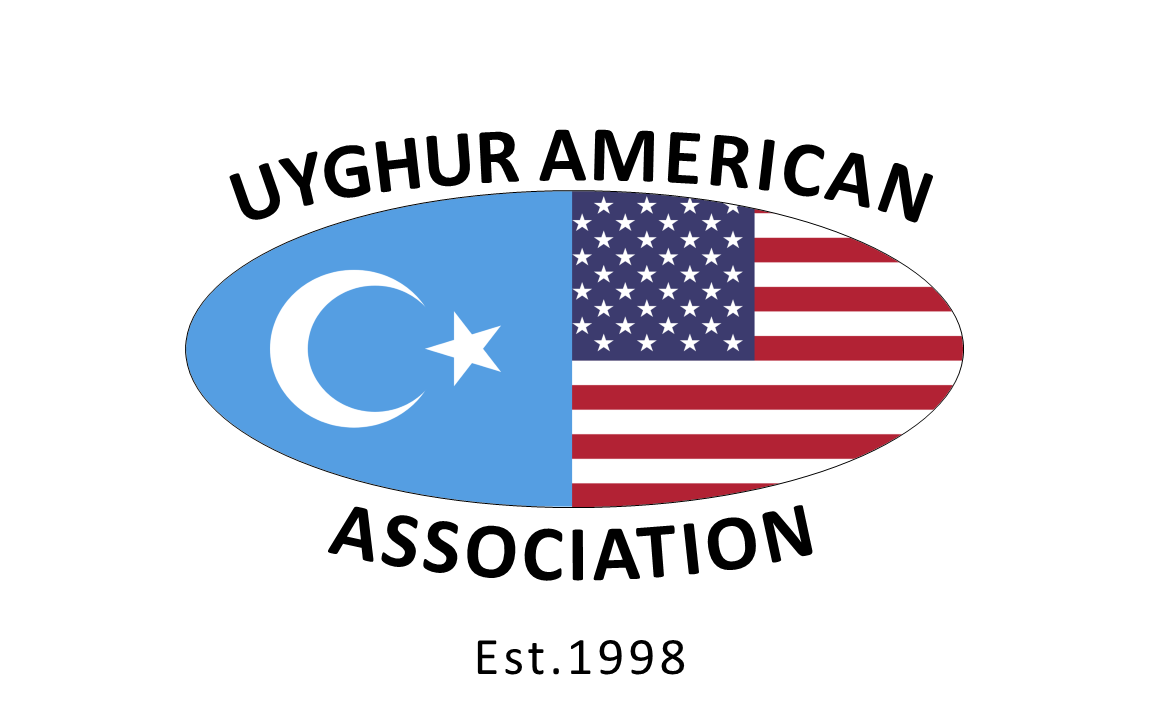A New President, New Congress, and New Questions for Uyghur Americans
Last weekend, the Associated Press called the 2020 U.S. Presidential Election for Joe Biden. In this week’s post, the UAA blog will review the probable foreign policy of the United States towards the Uyghur crisis, considering the stated positions of the incoming Biden administration,, along with a likely Republican majority in the Senate, and a continuation of the Democratic majority in the House of Representatives., We will also examine what impact the the Trump Campaign’s refusal to concede and his efforts to contest the results of the election, and what that all means going forward.
The Biden Campaign has promised to “restore dignified leadership at home and respected leadership on the world stage” as well as “revitalize our national commitment to advancing human rights and democracy around the world.” Does this include advancing the human rights of the Uyghur people? Axios, reporting on the Trump and Biden campaigns in August, reports:
The Biden campaign said in a statement Tuesday that the Chinese government’s oppression of Uighur Muslims and other ethnic minorities in the northwest region of Xinjiang is “genocide,” and that Joe Biden “stands against it in the strongest terms.”
Presidential campaigns frequently make encouraging promises to their voting base, promises that easily become disappointments as they move through the branches of government. This is a normal part of a healthy democracy, but it means that almost nothing we hear during an election year can truly predict what the next four years will bring. Likewise, A Republican majority in both chambers, while a disappointing result for Democratic voters, provides no more certainty. The Uyghur genocide has fortunately proved to be a nonpartisan issue. During the UAA’s campaign for the Uyghur Forced Labor Prevention Act, we found that many Republicans and Democrats alike shared a concern for the crisis in East Turkestan and felt an obligation on the part of the U.S. government to take action. For now, as the Biden team has yet to introduce cabinet positions, the best assessment is to presume that action must be taken from the bottom up. How do we, in such a tumultuous era, keep the public informed of one of the greatest human rights crises of the modern era?
When Joe Biden was vice president in the early 2010’s, the world saw a quiet optimism that after rapid economic growth at the turn of the century and greatly increased political and economic cooperation with the United States, we might see a new, freer China under Hu Jintao. Since Xi Jinping took power in 2013, that optimism has all but disappeared, as the Xi regime has embraced modern data science and military technology to explore new and disturbing frontiers of surveillance, mass incarceration, and ruthless imperialism. Their most comprehensive demonstration of this new approach was, of course, in East Turkestan. How then, as the commander-in-chief , will the former vice president approach the People’s Republic under Xi?
Trump, playing to his voting base and the media, made a public enemy of China. Criticism of China became a mainstay of his rhetoric, on twitter, and during White House press conferences and MAGA rallies.. A three-minute compilation of Trump saying “China” with his distinctive New York City twang has over 18 million views on YouTube. However, Trump was later scandalized in early 2020 after John Bolton accused him of privately commending Xi’s imprisonment of the Uyghurs at a 2019 G20 summit meeting with Xi. Still, the Trump administration has overseen the passage of the Uyghur Human Rights Policy Act of 2019, and the near-passage of the Uyghur Forced Labor Prevention Act of 2020. It goes without saying that the Trump administration has been unpredictable even at its best. Trump will shock the media with inflammatory and provocative speech, but then divert from or totally contradict his words with his actions. Trump’s effortless talent at creating media spectacle, then has dual negative and positive effects for Uyghur human rights groups. Trump’s aggressive disparaging of China is no promise of comprehensive action against the state’s genuine crimes against its minority groups. However, it’s important in light of the Xi regime’s oppression that China not have the lukewarm international reputation that it acquired when Obama and Biden were in office. Still, Trump has never directly addressed the oppression of the Uyghurs, even when it would have been prescient to have noted the forced transfer of Uyghur prisoners to work in mainland factories, which was a key factor in China’s rapid pandemic recovery during the summer.
The disclosure of China’s genocide of the Uyghurs is concurrent with many tense crises at home, from police brutality against Black Americans and other minorities to the disaster of the COVID-19 pandemic. Major news coverage began in 2019, a year of innumerable mass shootings, and progressed further into the background in 2020 as the pandemic hit and the general election began. However, as we noted before, political actions were indeed taken. But what ofTrump’s very duplicitousness, his tendency to create ugly media spectacle through naked lies and half-truths for bare publicity. Could it be harming our goals as well? Trump has created an environment where all news, or at least any news out of Washington is suspect. In such a foggy spectacle of ambiguity, will the reality of the East Turkestan crisis make it through to average Americans? This is not to mention Trump’s braggadocio of uncooperativeness with the UN and other international organizations. Taking on a world power like China must be an effort of world leaders, not just the American government or military. Trump has lambasted the UN, and particularly the WHO, for years, but even more in the face of a pandemic clearly requiring international cooperation unprecedented even in a globalized economy. Will Joe Biden’s presidency bring in new potentials for International Cooperation on the Uyghur situation?
The UAA and UHRP share twin goals of both concrete political action and public awareness of the Uyghur struggle. While the roster of the Biden administration has yet to emerge, perhaps the one thing we can anticipate is a little more consistency. Unlike Trump, if the press pool asks about the Uyghurs, Biden will honestly answer, and we might anticipate executive action to follow right after.

